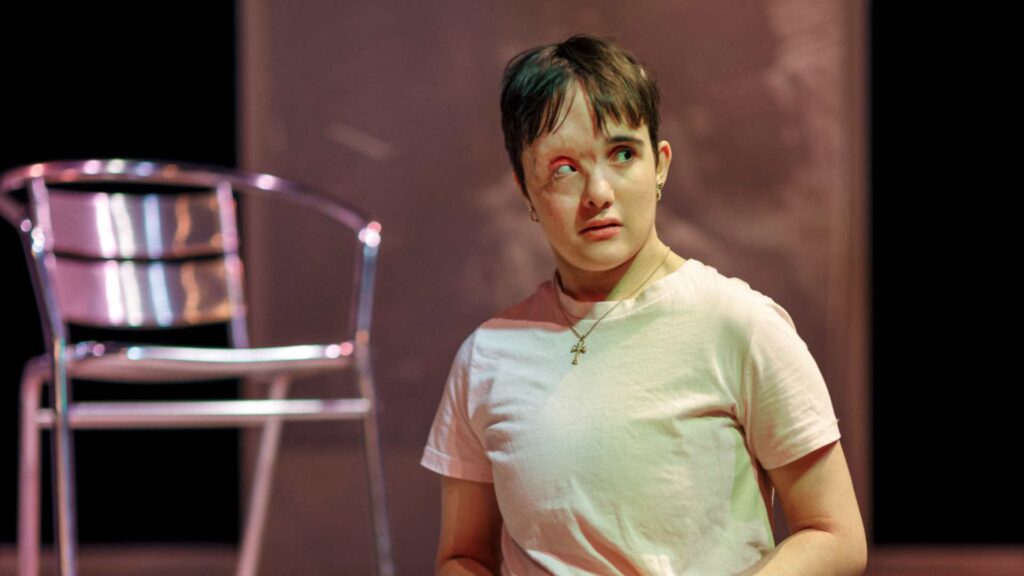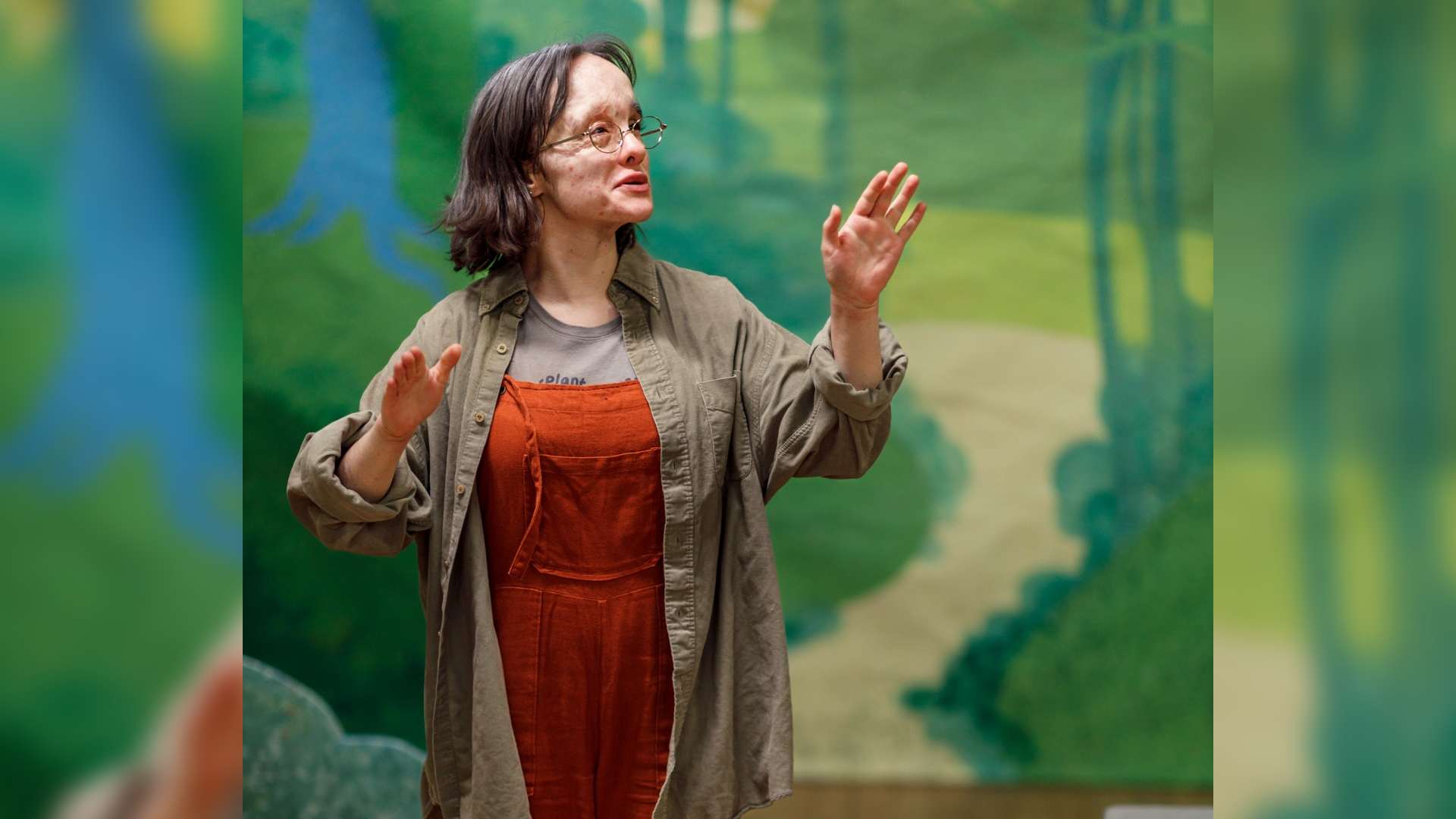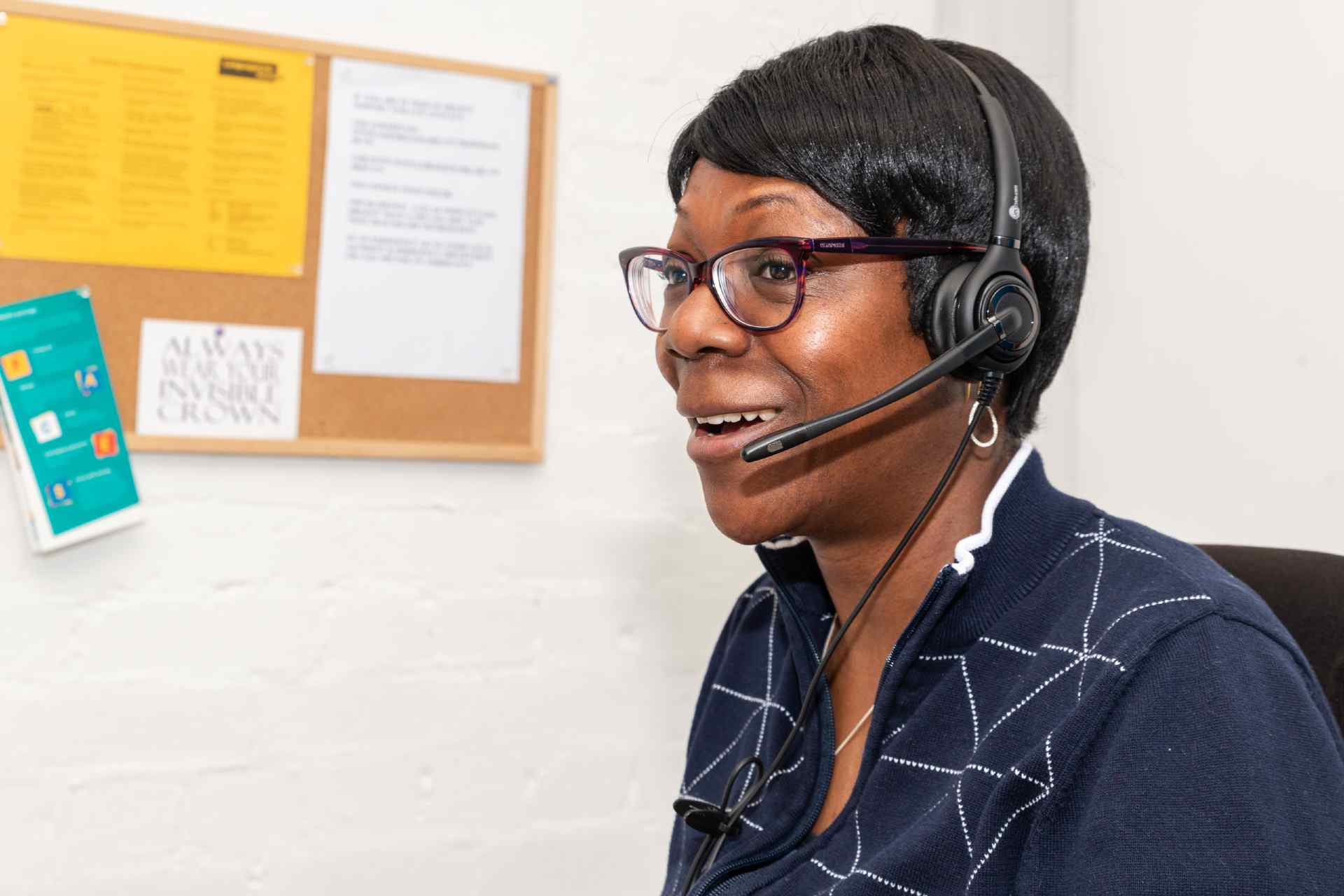When it comes to people with a visible difference, the villain trope is hugely problematic and dangerous. It is deeply imbedded in the stereotypes we see in cinema, and I credit it as one of the key reasons as to why people with visible differences are treated so negatively in society today.
For decades, heroes, and those presented in media as the ‘good ones’, appear beautiful, fair, dashing and handsome. The effect of this is that the audience couples their aspirational values and deeds with their conventionally attractive appearance. The same effect occurs for ‘villainous’ characters as they are, predominantly, characterised by having a visible difference, such as facial scarring. Therefore, the audience subconsciously associates the villain’s acts and evil intentions with their “undesirable” appearance.
The fact that this stereotype is reinforced over and over again is what makes it so insidious, because we, as the audience, don’t even realise it has conditioned us to fear those who look differently. However, I see it in the eyes of children who cower when they see me. I see it in the unnerved faces of strangers who pass me on the street. The implications of these ingrained biases make the lives of the visible difference community, much harder. These biases, mean that we are feared, bullied, and discriminated against.
This isn’t to say that actors with visible differences cannot play villainous or morally corrupt characters. It is to say that, for example, it is unacceptable and highly damaging, when the actor of an evil or bad character doesn’t have a visible difference and is made prosthetics to fit this stereotype, or when a cartoon villain is drawn with one and the hero is not.

Actors with visible differences are capable of playing any role
As an actor, I am lucky that I have not yet received any questionable casting calls. However, I have seen them circulating on social media and on casting pages. There was one that I saw recently where the agent wanted an adult with dwarfism to play a toddler. This read as very odd and infantilising to me.
It is difficult to know as an actor whether you are not given a role or audition because you are genuinely not right for the role, or if there is another reason behind your lack of opportunities. Therefore, I can’t really say for certain that my visible difference has prevented me from being cast in any projects, but I suspect that it may well have.
I am in my third year at Bristol Old Vic Theatre School, and I do worry that when I venture out into the industry that my visible difference will make me less marketable and appealing, or that producers will worry about a lessened viewership because of it.
Streaming services and cinemas are flooded with so many pore-less protagonists that I sometimes feel hopeless for my career and project aspirations. In a world of AI actors, the Kardashians in Ryan Murphy projects, and influencers and popstars claiming roles in huge movies and TV shows because of their looks and follower-count, I do wonder whether there is a space for me. However, I also feel that those are the very reasons why I should have a place on the big and small screen. I do hold on to the hope that the tides are turning and that casting directors, especially in the UK, are becoming more inclusive of those of us who look different, and that we can remain in the media for people to see that we do exist, we are not to be feared, and that we are just like everyone else.
I would love to see more stories where a character’s visible difference is not explained and that it is just a part of them as much as the colour of their eyes or the length of their hair.
My experience on ‘Malory Towers’ was such a dream, especially when it came to being a cast member with a visible difference. My character Jean’s visible difference was never explained in the show which I supported wholeheartedly. The absence of an explanation was powerful because it normalised Jean and made her “just another one of the girls”, rather than the pitied/feared girl with a strange face and a tragic backstory. Her visible difference did not define who she was, which is the most naturalistic portrayal of visible difference on screen that I have seen in a long time. It is also so important that ‘Malory Towers’ is a children’s show because it demonstrated to a young and impressionable audience a new narrative which goes against the story-book villain tropes they have grown up on so far.
I would love to see way more actors with visible differences playing and starring in roles that were written for any actor. I would love to see more stories where a character’s visible difference is not explained and that it is just a part of them as much as the colour of their eyes or the length of their hair. Doing this will continue to normalise and humanise the visible difference community and hopefully result in fairer and kinder treatment in the real world.
There are so many roles I would love to play in my career. From, Viola in Shakespeare’s ‘Twelfth Night’ to gritty characters in projects like ‘The Bear’, ‘Killing Eve’ and ‘Feel Good’. And there’s no reason why I shouldn’t!

